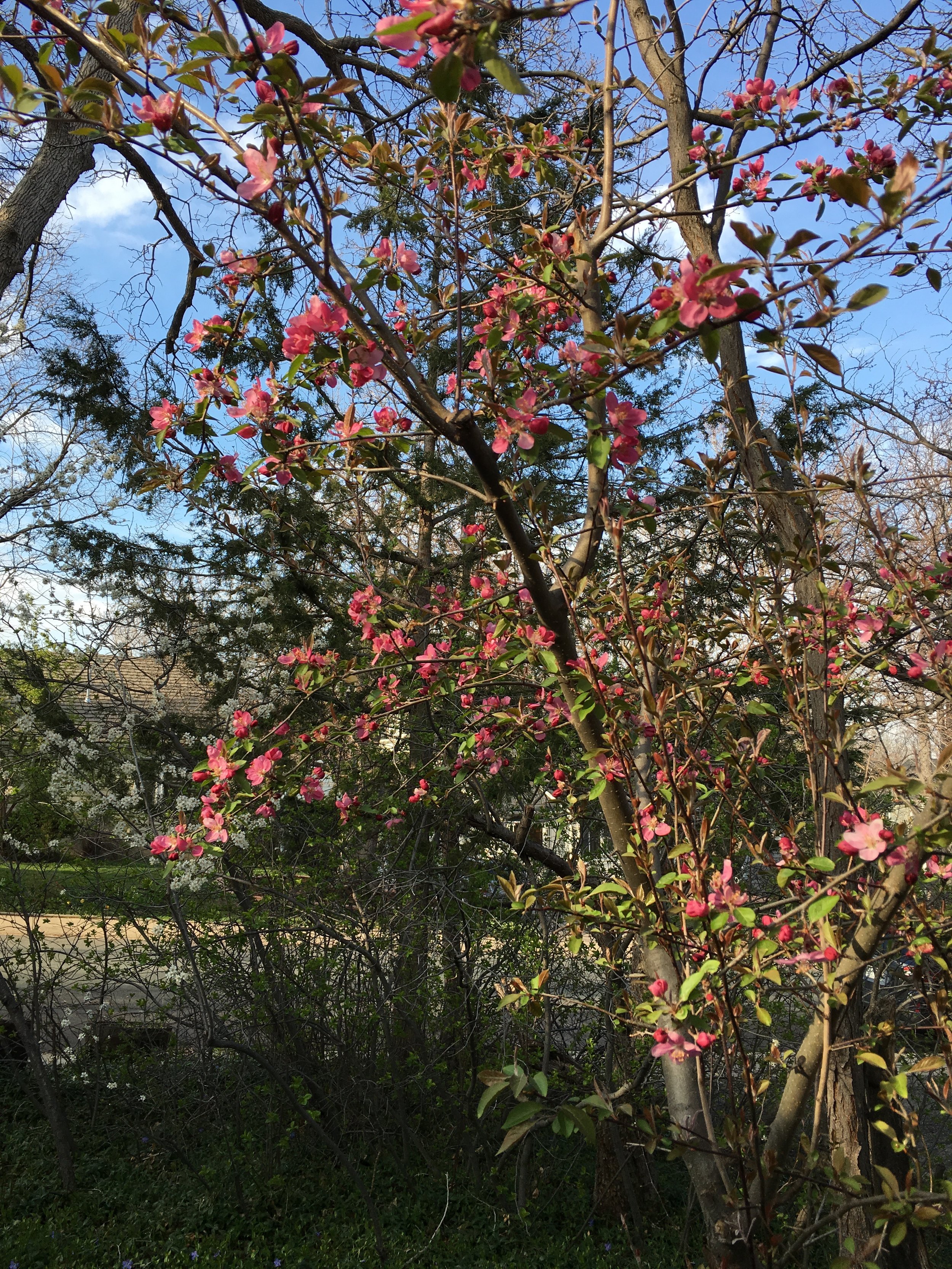Nice Is Not the Most Important Thing To Be
/Scene: a gray office in a gray office building. My boss and I are on a contentious conference call, which consists mainly of folks complaining about how a project we are trying to plan is literally impossible.
"It's really hard! It's going to take us two years! This is insane!" I listen for a while, doing jerk-off motions to make my boss laugh, then I unmute our line. I speak slowly and directly.
"Okay, guys, so I guess I should go back to management and tell them no, it can't be done, and they should either give up on it or find another team to do it ... right?"
I hear crickets for a moment, then a heavy sigh. "No, I guess we'll have to figure something out." And we do.
At the end of the call I turn to my boss and say, "Haha I bet everyone on that call thinks I'm a massive megabitch now."
He shrugs. "Maybe, but why do you care?"
And in that moment I realized that my Pittsburgh Steelers-loving boss is also a bad-ass feminist, because he was RIGHT.
In that moment, on that contentious call, nice was not the most important thing for me to be. It was far more important to find a way past the complainy part of the discussion, into the "OK, assuming we ARE going to do this, what's our best path forward?" part. And, in that moment, the easiest path from A to B was for me to de-prioritize my need to have everyone in the world think I'm a sweetheart. Because I'm not. At least, not always.
Niceness = Silence
More often than not, being nice means being quiet. It means swallowing our own thoughts and wishes and desires to make life easier for other people. It means silencing ourselves in order to keep the social order peaceful and conflict-free. It's a word that is constantly used to rein women in.
- "It's not nice to answer all the questions, Hermione! Don't be such a know-it-all!"
- "Be nice! Your coworker didn't mean to be racist, he's just clueless!"
- "I know you don't like this guy but you should be nice to him anyway, he's a nice guy!"
Somehow, in all of these situations, women being nice is more important than women being educated, or true to our own values, or honest about how someone else's behavior impacts us.
Knowing all this, it's incredible to me to realize how deeply this need to be seen as nice is embedded in us, from our earliest moments existing as girls in this culture. Even with the giant Don't-Give-A-Fuck streak that I seem to have been born with, I STILL start to feel frantic when I'm in the midst of a situation where what I want diverges from what the people around me want. Even when someone is habitually overstepping with me -- I am still the one who feels like I've done something wrong when I uphold my boundaries.
The dude at the bar who keeps pressing his ass against mine when there is PLENTY of room for both asses to exist without touching. The fellow at work who keeps interrupting me to repeat what I just said, only louder. The man who is taking up two whole tables at the coffee shop when there are no empty tables available. I will speak up to all of them now, for sure, in a clear and direct voice. But that doesn't change the fact that I still feel a huge amount of pressure to find a way to make myself okay with all of it.
Niceness = Upholding the Social Order
This is because I was taught to make myself okay with all of it. That is what girls and women are supposed to do -- fill in the gaps, gloss over the inequities, invest our emotional energy into making everything okay for everyone except ourselves. And THIS is what niceness truly is about -- holding our tongues in order to uphold the social order.
The patriarchy relies on girls and women to do this, rewarding us with the moniker of "nice" when we succeed, and punishing us as bitches when we either fail at being nice or choose not to prioritize it. It's like niceness is a circle of light, and we get to stand it in only so long as we don't cause too much trouble. The instant anything becomes more important to us than niceness -- like justice, for instance -- we're outside the circle. We're not nice anymore -- we're nasty, cast out of the realm of low-maintenance, lovable womankind. We're feminazis. We don't know our place.
Niceness = A Weapon Used Against and Wielded By Women
We are taught to enforce niceness in ourselves and in the women around us. Like, the last time some dude was pressing up against me at the bar, 51% of me felt LIVID at the encroachment, and 49% of me felt ASHAMED that I was going to have to do something about it. I wanted to unobtrusively back my stool away from him forever, or even leave the fun night at the bar with my friend, just to avoid the conflict.
I didn't, of course -- I ended up throwing some elbows when words didn't work -- but I really wanted to. A huge part of me was more than willing to give up on my right to take up space in the world without being groped, simply to avoid the conflict, to continue to "be nice."
I've seen this kind of policing happen between women as well, in dirty looks and shocked expressions when other women step out of the circle of niceness and start to be a little more real. And it's not just about interpersonal relationships -- it's about politics, too. I've seen it in groups of liberal white women when they don't want to listen to women of color because it's "divisive" -- aka "not nice" -- to talk about race. I've seen it in groups of women who respond to valid arguments with statements like "Don't be so hateful -- some Trump voters are good people!"
But I've also seen what happens when women let go of niceness as a goal, and let other concepts be more important instead, and it's a beautiful thing.
Qualities That Are Far More Important
If "niceness" is far less important than we think, and basically a tool of The Man used to keep women quiet, and something to which we no longer need to aspire, then what should we aspire to? Well, thanks for asking. I believe that all of these qualities are far more important than and even often in complete opposition to "niceness."
- Honesty
- Directness
- Compassion
- Justice
- Equality
- Righteousness
- Protection of vulnerable people
- Wisdom
- Forethought
- Social sensitivity
- Listening
Am I Saying Everyone Should Be A Giant Bitch?
No, of course not. There are many situations in which it makes total sense to be nice. We want to be able to share our toys, to extend each other compassion, to get along with minimal friction in the nuts and bolts living of life.
But when niceness is the highest priority, not only do we end up silencing ourselves in service to it -- it can also become comically inefficent, like when there are 4 cars at a 4-way stop and each one waves the others through. Everyone's just trying to be nice, sure, but we all sit there for ages waiting for someone to do something. It's much, much better to be that someone, to take the brunt of being "not nice" to get going again.
So ... this week I'm reflecting on my deep desire to have everyone think I'm nice all the time, and what that costs me when I heed it, and what's possible when I don't. For me, it's about being willing to speak and hear the truth, regardless of whether it makes me look like a sweetie. I am really fucking nice, goddammit! But it's not the only thing I am.
How about you? Does your desire to have everyone think you are a nice person hold you back in any way? What might your life look like if niceness as a concept slid a few spots down your priority list? Tell me all about it below.























